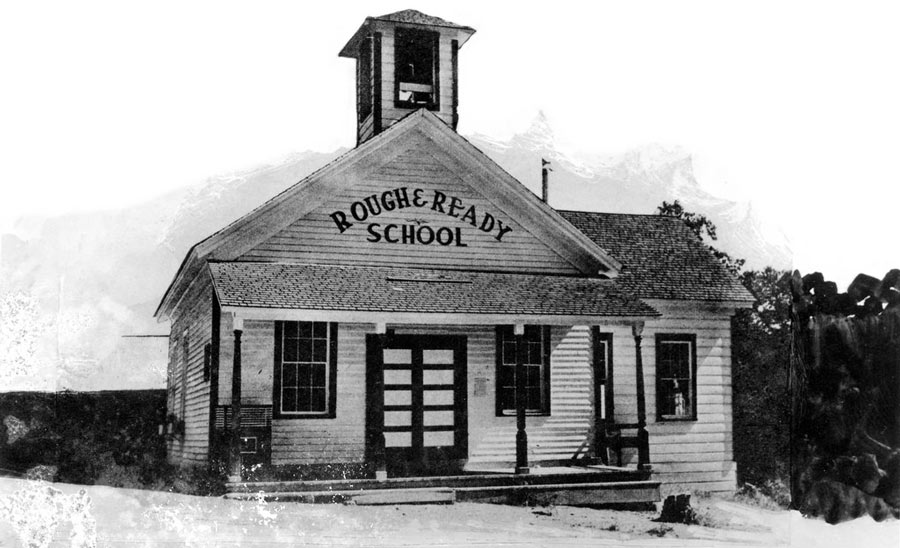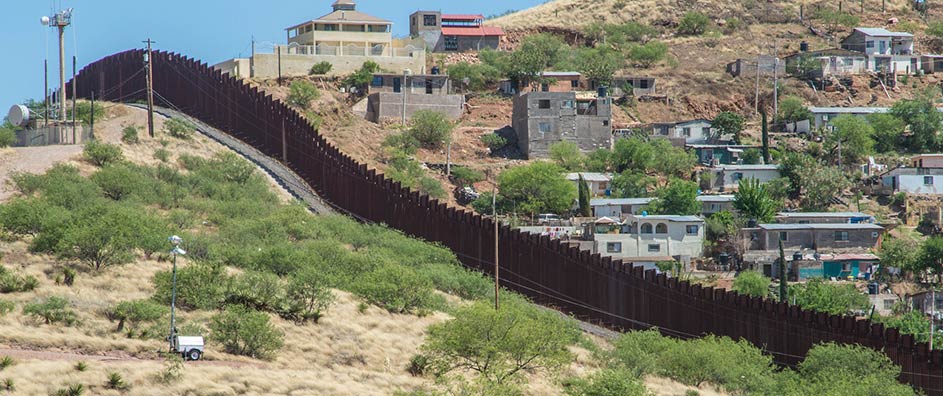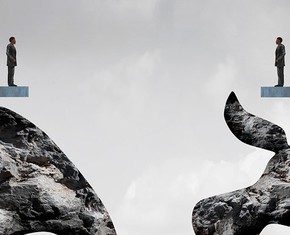The views expressed in our content reflect individual perspectives and do not represent the authoritative views of the Baha'i Faith.
The white man shall not make me black. I will make the white man red with blood; and then blacken him in the sun and rain … and the buzzard live upon his flesh. – Osceola, Seminole warrior and tribal chief.
Had you met him, you may not have liked General Zachary Taylor, who became the 12th President of the United States in 1849. A slaveholder and a brutal Indian fighter, he earned his reputation and his nickname as “Old Rough and Ready” in the Blackhawk War, the Mexican-American War and the seven-year-long Second Seminole War. In that bloody conflict, Taylor used bloodhounds to track Seminole fighters like Osceola and their families—bloodhounds previously trained to hunt and kill escaped slaves in the South. His men named him “Old Rough and Ready,” the U.S. War Office reported at the time, because he “handled the Indians in the roughest way and the readiest manner.”
On the other hand, President Taylor helped forge the Compromise of 1850, which made the California Territory into a free state, with no slavery. Zachary Taylor only served as President for a little more than a year, and he died in office on the exact same day as the Bab’s martyrdom half a world away in Persia—July 9, 1850.
That’s why, when I first moved to the Northern California Sierra Nevada foothills where my wife and I live, I was surprised to discover a little nearby town called Rough and Ready.
President Taylor never made the long journey to California, as far as I know, so I got curious—how did this little town get its peculiar name? I had heard of other towns named Rough and Ready in the United States, in Georgia, New York and Pennsylvania, but “Old Rough and Ready” actually visited those places.

I learned, after a little investigation into the mystery, that California’s town of Rough and Ready got its name from a Wisconsin mining company during the Gold Rush. The mining company’s owner had served under General Taylor during the Mexican-American War, and considered him a hero.
Here’s the interesting part: Rough and Ready declared its secession from the Union in April of 1850—the only place in the American West ever to formally secede, a decade before the Confederate states decided to leave the Union. The town of maybe 6000 people declared independence from the United States, and then came up with a grandiose name for itself: The Great Republic of Rough and Ready!
When Rough and Ready seceded, Chinese laborers built a rock wall around parts of the town. You can still see portions of that wall today. Travelers had to pay a toll to get past that wall, and the town made some money from the tolls—but they mainly seceded to avoid gold mining taxes levied by the U.S. Three months later, the townspeople slowly figured out that no one would trade with them, which meant they couldn’t supply the miners with liquor much longer. Also, they realized, they couldn’t celebrate America’s Independence Day on July 4th. They voted to re-join the Union, basically, so they could have a party. Today Rough and Ready celebrates Secession Days to commemorate their three months of “independence,” in a funny, tongue-in-cheek, ironic kind of way.
But as I drove through Rough and Ready a few weeks ago, I looked at that old rock wall and began to think about tariffs and trade, about the current hot debate on trade issues, and about how some voices encourage us to wall ourselves off from others, either economically or physically.
Global free trade has become a point of extreme social contention across the developed world lately. It had a huge impact in Great Britain’s Brexit vote to leave the European Union; and it has recently featured heavily in the stump speeches of various politicians in many different nations, too. Proposed free trade agreements like the Trans-Pacific Partnership (TPP), and even old ones like the North American Free Trade Agreement (NAFTA) increasingly cause heated debate. I wondered: what do the Baha’i teachings say about free trade? A topic I’d never thought about or researched before, I decided to look into it and try to educate myself.
So we’ll begin this short series of essays about trade with the general principle that characterizes the main goal of the Baha’i Faith: world unity. Baha’is believe that the best way to maintain global order and achieve fairness, equitable development and peace is international unity:
They that are endued with sincerity and faithfulness should associate with all the peoples and kindreds of the earth with joy and radiance, inasmuch as consorting with people hath promoted and will continue to promote unity and concord, which in turn are conducive to the maintenance of order in the world and to the regeneration of nations. Blessed are such as hold fast to the cord of kindliness and tender mercy and are free from animosity and hatred. – Baha’u’llah, Tablets of Baha’u’llah, p. 35.
The purpose of religion as revealed from the heaven of God’s holy Will is to establish unity and concord amongst the peoples of the world; make it not the cause of dissension and strife. The religion of God and His divine law are the most potent instruments and the surest of all means for the dawning of the light of unity amongst men. The progress of the world, the development of nations, the tranquillity of peoples, and the peace of all who dwell on earth are among the principles and ordinances of God. – Ibid., pp. 129-130.
The unity of the human race, as envisaged by Baha’u’llah, implies the establishment of a world commonwealth in which all nations, races, creeds and classes are closely and permanently united, and in which the autonomy of its state members and the personal freedom and initiative of the individuals that compose them are definitely and completely safeguarded. …
The economic resources of the world will be organized, its sources of raw materials will be tapped and fully utilized, its markets will be coordinated and developed, and the distribution of its products will be equitably regulated.
National rivalries, hatreds, and intrigues will cease, and racial animosity and prejudice will be replaced by racial amity, understanding and cooperation. The causes of religious strife will be permanently removed, economic barriers and restrictions will be completely abolished, and the inordinate distinction between classes will be obliterated. Destitution on the one hand, and gross accumulation of ownership on the other, will disappear. – Shoghi Effendi, The World Order of Baha’u’llah, p. 203.
Next: Nationalism or Globalism: The Secret of Divine Civilization
You May Also Like
Comments

















name was omitted from the Wisconsin road map, so they voted
to secede, also requiring tolls to enter as Rough and Ready had done.
At one point, Winneconne expressed
some desire to be annexed by a state
with "better weather". Importantly,
the town did not cut off trade, but
pursued it in the form of tourism
and the annual celebration that
still is held. This subject is interesting,
and I am glad Baha'is have some
written guidance on how to view
international trade. Just personally,
Shoghi Effendi's quotation makes ...
me think the main objective is equal
access to the essential resources
for all people. I don't think that
means exchanging more-or-less
the same items when they could
more efficiently be found nearby. I
can't imagine it means shipping heavy bottled water halfway around
our globe in diesel ships. I don't think luxury items deserve the same priority as essentials. There must
be a moderate hybrid of local and
distant production that avoids
depriving anybody but doesn't
squander our energy resources
or damage the environment!!